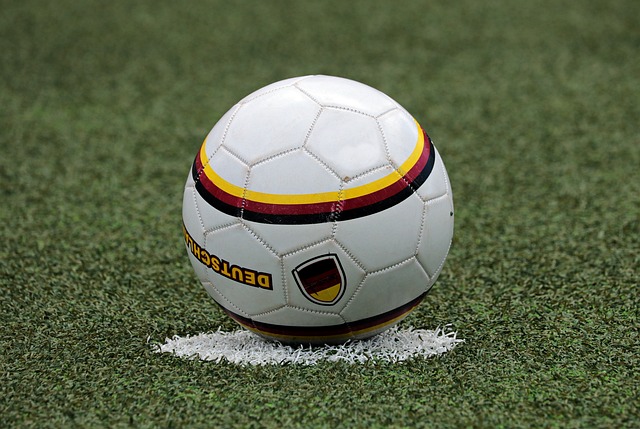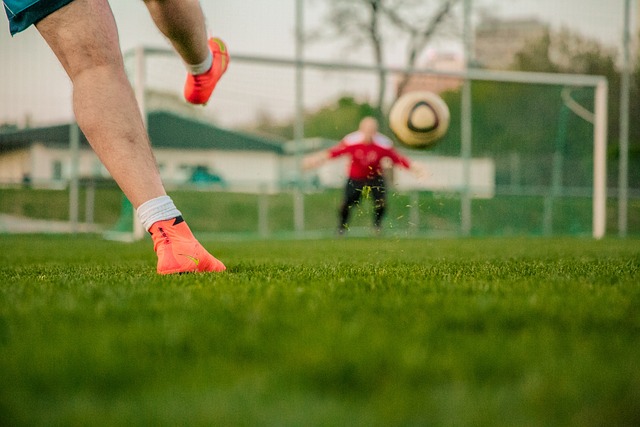You place a bet. The odds are good. The game is tight, and your team almost won. But not quite. That moment—the “almost”—sticks. It lingers in your mind. It feels like you were just one step away. This is known as the near-miss effect. It tricks your brain. Many players have gotten into this near-miss effect, and at 22Bet reviews, many bettors talk about it.
It Feels Like You’re Getting Better
Psychologically, near misses create a false sense of progress. You feel like you’re improving, like the next win is just around the corner. In reality, nothing has changed. The outcome was still a loss. But your brain doesn’t register it that way.
Neurologically Similar to a Win
Studies using brain scans show that near-miss outcomes activate reward centers almost like actual wins. Dopamine flows. Excitement builds. That means you get the emotional rush without the reward. Dangerous, right?
Almost Winning Is a Hook
Think of it like fishing. A near win is the shiny lure that keeps pulling you in. It promises the big catch next time. That hook is deep. And the longer you stay, the harder it is to walk away.
Personal Stories Say It All
“I had a 5-leg parlay, and four hit. Just one more! I couldn’t stop thinking about it,” said a bettor from Manchester. That story isn’t rare. It’s common. These near wins become personal challenges—proof that you were close.
Casinos and Bookmakers Know This
Slot machines are built with near misses on purpose. Two 7s and a cherry. Almost a jackpot. It keeps you playing. The same concept applies in sports betting. Bettors who almost win are more likely to bet again. It’s all part of the design.
It Fuels Chasing Behavior

Near wins feed the urge to chase losses. Since it “almost worked,” it feels logical to try again. Maybe this time, the bet will hit. Chasing begins not out of desperation, but out of hope. That’s a problem.
The Illusion of Control
Here’s another twist: near wins often create a sense that you had control. That if you tweak your strategy just a little, you’ll win next time. But most betting games rely on luck. That illusion can lead to dangerous patterns.
Confidence Gets a Boost
Paradoxically, “almost winning” can make some people more confident. They believe they’re on the right track. Their self-assurance increases, and so does their willingness to place larger bets. All from a loss that felt like a win.
Your Brain Doesn’t Count It As a Loss
Losses sting. You learn from them. But a near miss feels too close to success. It doesn’t get stored as a warning. Instead, it becomes motivation. That’s what makes it more dangerous than losing outright.
A Ticking Time Bomb for New Gamblers
New to betting? Then you’re especially vulnerable. A near win early on can shape your expectations. It builds hope before reality sets in. And once that pattern forms, it’s tough to unlearn.
Ads and Highlights Reinforce It

Ever notice how sports betting ads show winning tickets that almost didn’t happen? Or how highlight reels focus on dramatic comebacks? They feed that same near-miss mentality. It becomes part of the culture.
Betting Forums Are Full of It
Scroll through any online betting forum. You’ll see thread titles like “Missed by One Goal!” or “So Close It Hurts!” These stories get more attention than full losses. They’re more engaging—and more addictive.
Emotional Rollercoaster
“Almost winning” hits you emotionally. It’s a mix of frustration, excitement, and desire. That cocktail is exhausting and hard to walk away from. You feel emotionally invested in something you never actually won.
How to Spot the Pattern
Start by writing down your recent bets. Highlight the ones you almost won. Ask yourself how many of those made you place your next bet. You might be surprised at the pattern you uncover.
